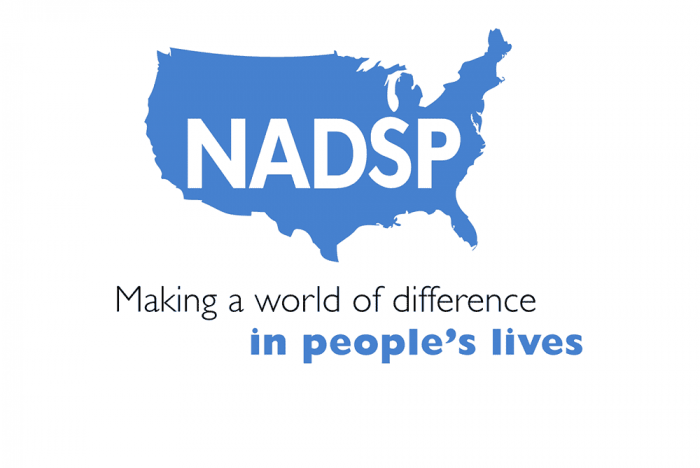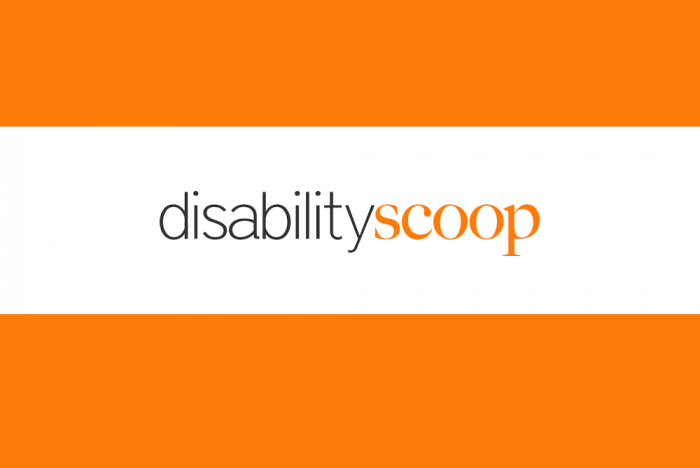In early March 2022, the National Alliance for Direct Support Professionals (NADSP) embarked on its first ever national advocacy event, the 2022 Advocacy Symposium, Amplifying The Voices Of Direct Support Professionals (DSPs). Attendees participated in over 250 meetings with legislative staff to share the perspective of direct support professionals to the forefront of Congress during a time of unprecedented workforce challenges. The result of our attendees’ advocacy culminated in additional sponsors to the House of Representatives and US Senate bills regarding establishing a Standard Occupation Classification within the Bureau of Statistics for direct support professionals (S. 1437 / H.R. 4779).
NADSP is excited to announce the return of the Advocacy Symposium on May 3 – 4, 2023! Ahead of this two-day virtual event, attendees will receive comprehensive advocacy training along with planning sessions with state leaders. The success of our first Advocacy Symposium is directly a result of and informed by the people who are on the frontlines of supporting people with disabilities to live, work, and thrive in the community.
We’re looking forward to amplifying even more direct support professional voices in 2023. This event is free and open to direct support professionals, frontline supervisors, self-advocates, family members, and people with disabilities. Registration for this event will open on February 28.
NADSP’s Current 2023 Policy Priorities:
- Establish a Standard Occupational Classification (SOC) for direct support professionals within the Bureau of Labor Statistics (BLS).
- Assure effective implementation of workforce development initiatives authorized through legislation that leads to wages commensurate with the level of responsibility and the complexity of this work, as well as career ladder opportunities that lead to professional growth.
Learn More

















